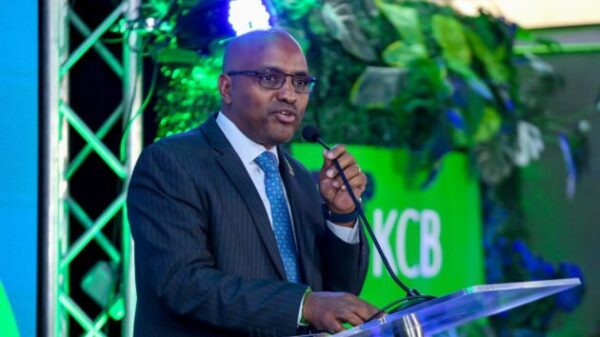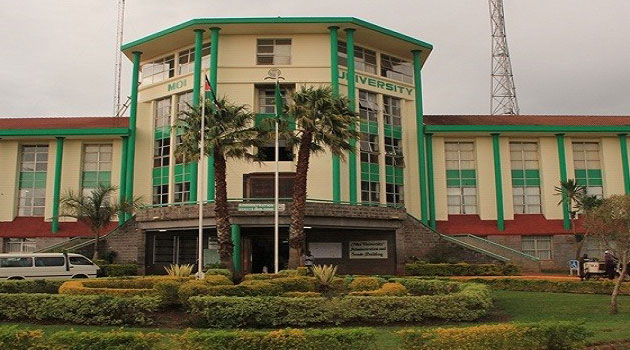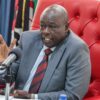
Abdel Fattah al-Sisi, who toppled elected Islamist president Mohamed Morsi last July, is so sure of victory in the May 26-27 election that he has not even unveiled his election programme. Photo/AFP
CAIRO, May 21 – Egypt’s presidential frontrunner may come across as a polished civilian after shedding his military uniform, but his brutal crackdown on opponents has raised fears of a slide back into autocracy.
Abdel Fattah al-Sisi, who toppled elected Islamist president Mohamed Morsi last July, is so sure of victory in the May 26-27 election that he has not even unveiled his election programme.
The 59-year-old became Egypt’s most popular political figure and de facto head of state after leading the July 3 ouster of Morsi following massive rallies demanding the Islamist’s resignation.
A subsequent brutal crackdown on Morsi’s supporters killed at least 1,400 people and jailed thousands.
Since campaigning began on May 3, Sisi has preferred to address the people through television interviews, appearing in crisp suits and often smiling.
Sisi has said that for him, “national security” takes precedence over democratic freedoms.
It could take “20 to 25 years to achieve true democracy,” he told Egyptian newspaper editors in an interview.
Such remarks have sparked concern of a return to autocracy worse than under Hosni Mubarak, who was ousted by a popular uprising in early 2011.
Sisi himself served as Mubarak’s military intelligence chief, the youngest officer to hold the post.
Mubarak’s successor Morsi promoted Sisi to defence minister in what was seen at the time as an assertion of civilian control over the military, which ruled between Mubarak’s overthrow and Morsi’s election in June 2012.
Since the government was installed by the military last July after Morsi’s ouster, more than 1,400 people have been killed in a crackdown on Morsi’s Muslim Brotherhood.
More than 15,000 people have been jailed, with hundreds sentenced to death after cursory trials, triggering widespread international outrage.
The crackdown has also seen secular-leaning activists who revolted against Mubarak jailed for organising unlicensed protests.
– A nationalist icon –
Sisi said that Egypt cannot be compared to Western democracies, and that it could take more than two decades to achieve “true democracy” in the Arab world’s most populous nation.
His actions against the Brotherhood have seen Sisi emerge as a nationalist icon in the mould of Egypt’s first modern military ruler, Gamal Abdel Nasser.
Sisi and Nasser, the charismatic colonel who deposed King Farouk in 1952 and led Egypt until his death in 1970, both rode to popularity overseeing crackdowns on the Islamist movement.
But unlike Nasser, a champion of pan-Arabism whose speeches brought people onto the streets, Sisi has kept a lower profile.
His supporters see him as a tough leader able to restore stability and kick-start an economic recovery after years of unrest.
But his opponents in the Brotherhood despise him.
“CC (Sisi’s name in graffiti shorthand) is a killer” reads one slogan scrawled on walls in Cairo by Morsi supporters.
However, such slogans are dwarfed by the ubiquitous image of a uniformed Sisi plastered on walls, car windows and even on cakes in bakeries.
To his supporters, Sisi is a pious and humble man of the people, who addresses them in colloquial rather than classical Arabic.
An aide told AFP that Sisi prays five times a day in accordance with Islamic practice and that his wife, like most Egyptian Muslim women, covers her hair with a headscarf.
Sisi often invokes religious sentiments in his speeches, and during studies at the US Army War College in 2006, he wrote a thesis saying that support from Islamic opinion makers was crucial for democratic governance in the Middle East.
This has won him the support of the Salafist Al-Nur party, a former Brotherhood ally.
Morsi supporters compare him to a pharaoh and to villains of Islamic lore.
Sisi, who has four children, was born in 1954 near the Hussein mosque, a pilgrimage site in Cairo’s old city, and entered the military academy in 1977.
































